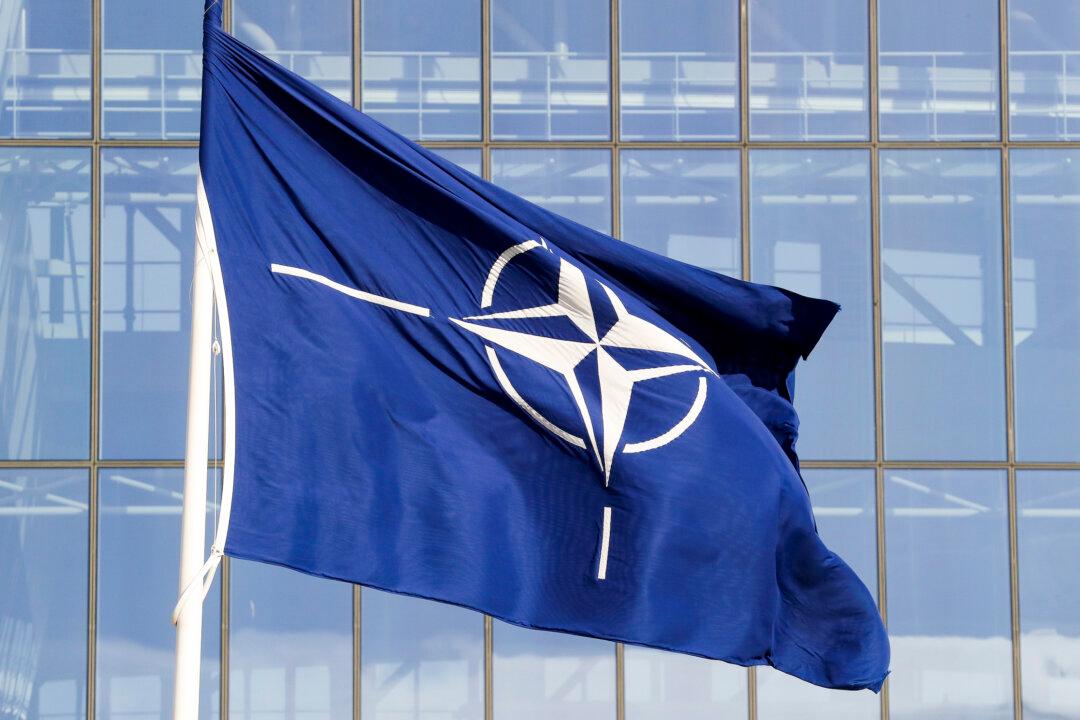The United States would stay in NATO if former President Donald Trump is reelected, according to his running mate, Sen. JD Vance (R-Ohio), but he added that other members of the military alliance need to pay their fair share.
“Donald Trump wants NATO to be strong. He wants us to remain in NATO,” Vance said on NBC’s “Meet the Press” in an interview that aired on Oct. 27. “But he also wants NATO countries to actually carry their share of the defense burden.”





